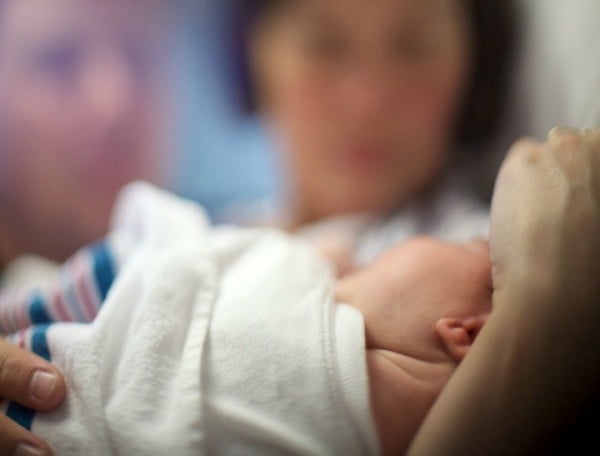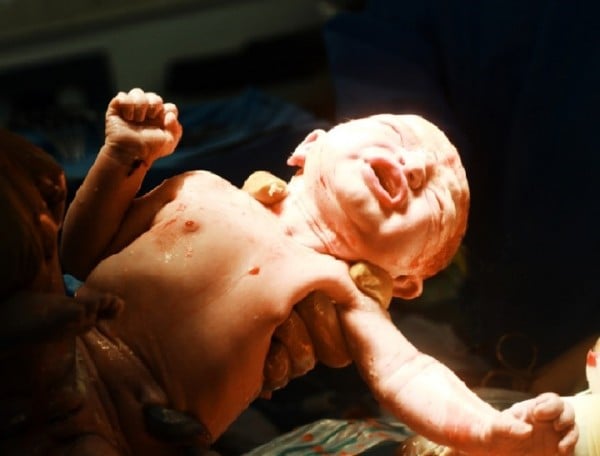
Like many things in life, giving birth doesn’t always go to plan.
In the months leading up to the birth, women often develop quite a detailed picture of what the experience will look like. They consider which hospital they’ll go to, which pain relief they’ll use, and who will be in the room. Some women like to have more control over the situation than others. Our very own Mia Freedman blow dried her hair before giving birth, only to abandon all concern for her hair about a third of the way in.
But as anyone who has given birth would know, babies are wildly inconsiderate when it comes to your plans.
They’ll come when (and where) they feel like it. In the last few years, we’ve heard about a woman giving birth on the street outside a clothes shop in the UK, another woman having a baby during her wedding in India, and another giving birth to a little girl in a tree in Mozambique.
While we learn CPR and first aid in the case of emergencies, few of us have any idea what we should do in the case of a surprise birth.






























































































